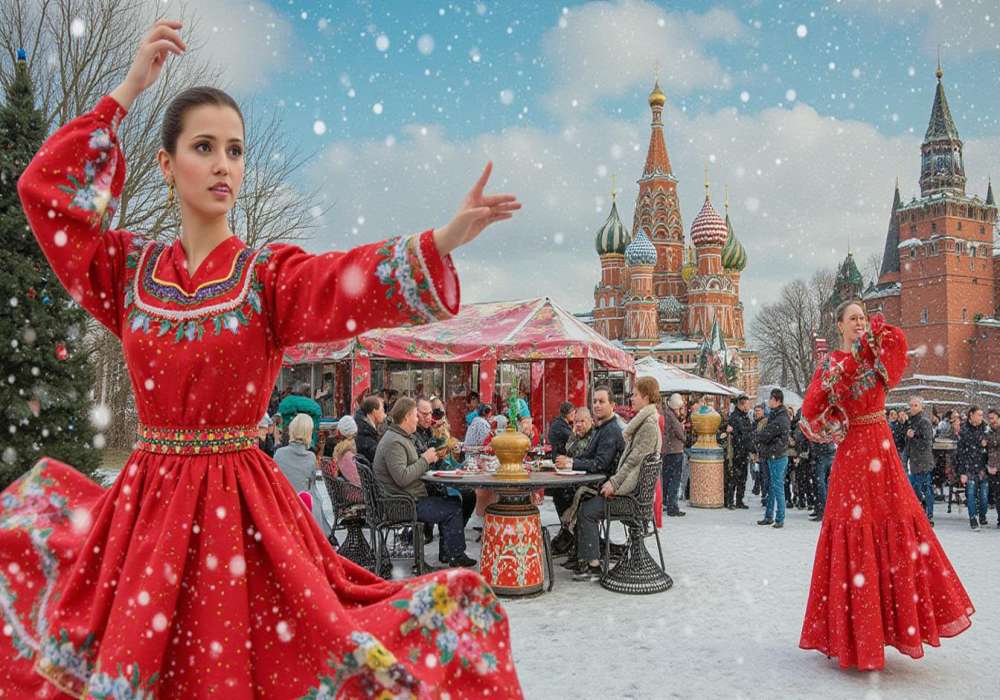
Last Updated At: 02-Sep-2025
Traditions and Culture Of Russia
The culture of Russia is a captivating tapestry woven over centuries, shaped by a vast expanse of land, diverse traditions, and a complex history. From the opulent palaces of St. Petersburg to the timeless villages of Siberia, Russia's cultural mosaic is a fusion of artistic brilliance, literary grandeur, and Russian cultural traditions.
Encompassing everything from world-renowned literature and classical ballet to intricate religious iconography and hearty cuisine, Russian culture reflects the country's unique identity, both as a bridge between Eastern and Western influences and as a reservoir of its own distinct heritage. Steeped in a rich past and embracing the challenges of the present, the culture of Russia is an enduring testament to the resilience and creative spirit of its people.
Russia Culture and Traditions
Rooted in a storied past and enriched by a fusion of Eastern and Western traditions, Russian culture has produced some of the world's greatest literary, artistic, and musical achievements. From the grandeur of Russian literature by iconic authors like Tolstoy and Dostoevsky to the renowned performances of ballet at historic theatres, the cultural tapestry of Russia is a vibrant blend of artistic expression, religious heritage, and enduring customs. So, are you ready to unfold the vibrancy of Russian culture?
- Literary Legacy | Exploring the Immortal Words of Russian Literature
- Ballet and Beyond | The Elegance and Influence of Russian Dance
- Icons and Spirituality | Unveiling the Mystique of Russian Orthodoxy
- Culinary Delights: From Borscht to Blini | Tasting Russian Cuisine
- Soviet Heritage | Navigating the Complex Layers of Modern Russian Identity
- Epic Folklore | Journeying through Russia's Tales, Myths, and Legends
- Artistic Revolution | From Realism to Avant-Garde - Art's Impact on Society
- Language and Identity | The Power and Poignancy of the Russian Language
- Musical Traditions |From Tchaikovsky to Rachmaninoff - The Harmonic Soul of Russia
- Cultural Festivals | Celebrating Russian Traditions Throughout the Seasons
- Tsarist Splendor | Reliving the Glorious Era of Russian Royalty
- Winter Wonderlands | Embracing the Unique Culture of Russian Winters
- Global Impact | How Russian Culture Shapes International Art and Thought
- Architectural Marvels | Exploring the Diversity of Russian Building Styles
- Revival and Resilience | Cultural Expression in Contemporary Russia
1. Literary Legacy | Exploring the Immortal Words of Russian Literature
Russian literature is a vast and rich tradition dating back to the 11th century. It has produced some of the world's most famous and beloved writers, including Alexander Pushkin, Leo Tolstoy, Fyodor Dostoyevsky, Anton Chekhov, and Vladimir Nabokov. These writers have explored a wide range of themes in their work, including love, loss, war, revolution, and the human condition.
2. Ballet and Beyond | The Elegance and Influence of Russian Dance
Ballet, a form of artistry that transcends mere movement, finds its most enchanting expression in the heart of Russia. From the opulent stages of St. Petersburg's imperial theatres to the global acclaim of the Bolshoi in Moscow, Russian ballet has cast an enduring spell on the world. This intricate dance form isn't just a performance—it's a narrative of grace, emotion, and tradition.
3. Icons and Spirituality | Unveiling the Mystique of Russian Orthodoxy
In the heart of Russia's cultural fabric lies a profound spiritual legacy that has shaped its people and its history—the mystique of Russian Orthodoxy. Within the hallowed walls of ancient churches and monasteries, a world of icons comes alive, revealing a unique path to divine connection. These masterpieces of religious art transcend the earthly realm, inviting contemplation and devotion.
4. Culinary Delights | From Borscht to Blini - Tasting Russian Cuisine
Embark on a gastronomic journey through the flavours of Russia, a country where every dish is steeped in history and tradition. From the hearty warmth of borscht, the iconic beet soup, to the delicate folds of blini, Russian cuisine reflects the diverse landscapes and cultural influences that have shaped its culinary tapestry.
5. Soviet Heritage | Navigating the Complex Layers of Modern Russian Identity
The legacy of the Soviet era stands as an intricate tapestry woven into the fabric of modern Russia, shaping its identity in profound and often paradoxical ways. From the grandeur of monumental architecture to the shadows of historical events, Soviet heritage is an enigma that continues to influence contemporary society.
6. Epic Folklore | Journeying through Russia's Tales, Myths, and Legends
From Baba Yaga's enigmatic hut to the valiant adventures of Dobrynya Nikitich, Russian folklore weaves a tapestry of wonder and wisdom. Traverse the icy landscapes of the far North, where tales of the Firebird illuminate the darkness, and journey to the crossroads of East and West, where legends mirror the soul of a nation.
7. Artistic Revolution | From Realism to Avant-Garde - Art's Impact on Society
The artistic revolution from realism to avant-garde had a lasting impact on society. It helped to change the way people think about art, and it paved the way for new forms of artistic expression. Russian arts and cultural heritage had a political impact, as it was often used to challenge social conventions and promote change.
8. Language and Identity | The Power and Poignancy of the Russian Language
In the cadence of the Cyrillic script lies the essence of Russian identity—a language that is more than mere words but a vessel of history, culture, and emotion. Spanning from the classical elegance of Pushkin to the revolutionary fervour of Mayakovsky, Traditional customs in Russia also reflect the significance of the Russian language.
9. Musical Traditions |From Tchaikovsky to Rachmaninoff - The Harmonic Soul of Russia
Within the notes and melodies of Russia's musical heritage, a symphony of emotions, passion, and storytelling unfolds. From the majestic compositions of Tchaikovsky to the poignant piano works of Rachmaninoff, Russian music resonates deeply with the human experience.
10. Cultural Festivals | Celebrating Russian Traditions Throughout the Seasons
Across the vast expanse of Russia, the changing seasons mark not only shifts in weather but also a vibrant bloom of cultural celebrations. From the frosty enchantment of Maslenitsa to the lively revelry of Ivan Kupala, festivals in Russia offer a glimpse into the heart of Russian culture.
11. Tsarist Splendour | Reliving the Glorious Era of Russian Royalty
From the gilded halls of the Winter Palace to the serene beauty of Catherine Palace's Amber Room, explore the architectural marvels that once hosted czars and czarinas. Immerse yourself in the splendour of Fabergé eggs, priceless jewels, and exquisite Fabrics, revealing the extravagance and cultural significance of the era.
12. Winter Wonderlands | Embracing the Unique Culture of Russian Winters
Amidst the frost-kissed landscapes of Russia, a world of enchantment emerges with the arrival of winter. From the sparkling crystals of snow-covered landscapes to the warmth of cosy tea houses, the Russian winter is a symphony of culture and tradition. Explore the art of nesting dolls, known as matryoshka, and the intricate patterns of traditional shawls.
13. Global Impact | How Russian Culture Shapes International Art and Thought
From the iconic strokes of Wassily Kandinsky to the profound philosophies of Fyodor Dostoevsky, Russian culture has left an indelible mark on the world of art and thought. The enigmatic tales of Anton Chekhov and the avant-garde visions of Kazimir Malevich have resonated far beyond the borders of Russia. Delve into the revolutionary ideas of Russian thinkers like Leo Tolstoy and Vladimir Lenin that have ignited discussions on politics, ethics, and society.
14. Architectural Marvels | Exploring Russia's culture through Building Styles
From the iconic onion domes of Orthodox cathedrals to the grandeur of imperial palaces, Russian architecture reflects a rich legacy of influences, eras, and artistic visions. Discover the intricate wooden lacework of izba cottages, the elegance of neoclassical facades, and the avant-garde designs of constructivist buildings.
15. Revival and Resilience | Cultural Expression in Contemporary Russia
Amidst the complexities of the modern world, Russia's cultural landscape stands as a testament to its ability to adapt, evolve, and preserve its heritage. From the canvas to the screen, from literature to music, Russian artists and creators continue to weave their narratives, addressing the challenges and aspirations of today's society. Explore the realms of contemporary Russian cinema, where directors craft stories that reflect the human condition.
Read More : Places To Visit In Russia
Russia is a captivating beauty with an endless list of hidden charms, be it the immersive literature or its enchanting architecture. You can not miss visiting this admirable country. Plan your trip now with Adotrip and delve into the pages of contemporary literature. And experience the rhythms of contemporary music.
With us, nothing is far!
Frequently Asked Questions about Russian Culture
Q1. What is the huge Changi City Point Mall near the airport?
A1. Changi City Point is a shopping mall located in the eastern part of Singapore, near the Changi Airport.
Q2. What mall is inside Changi Airport's Terminal 3?
A2. There is no mall inside Changi Airport's Terminal 3. However, there are a number of shops and restaurants located in the terminal.
Q3. Where can you shop duty-free at Changi Airport?
A3. DFS Singapore is the largest duty-free operator in Changi Airport. They have stores in all four terminals, and they sell a wide variety of goods, including cosmetics, perfumes, liquor, electronics, watches, and jewellery.
Q4. What plaza combines retail and dining?
A4. There are many plazas in Russia that combine retail and dining, but some of the most popular ones include:
- GUM in Moscow
- Okhotny Ryad
- Vegas City Mall
Q5. Where is Singapore's largest outlet mall located?
A5. Singapore's largest outlet mall is the IMM Outlet Mall, located in Jurong East. It is a five-storey mall with over 90 outlet stores, offering discounts of up to 80% on a variety of goods.
Q6. Where is a 24/7 shopping complex situated?
A6. Mustafa Center, Singapore, is a popular tourist destination known for its wide variety of products and its 24-hour operation. It is located in the heart of Little India.
Q7. Which mall near the airport has a cinema?
A7. There are two malls near Changi Airport that have a cinema:
- Jewel Changi Airport
- Changi City Point
Q8.Are there malls outside the airport with luxury brands?
A8. Yes, there are a few malls outside Changi Airport that have luxury brands.
- Paragon
- ION Orchard
- The Shoppes at Marina Bay Sands
Q9.What shops sell local souvenirs and handicrafts?
A9. There are several shops in Chinatown, Little India, Haji Lane and Bugis Street which sell local souvenirs and handicrafts.
Q10. Are there ways to save on shopping near the airport?
A10. Here are a few tips::
- Shop online
- Look for coupons and promo codes
- Sign up for loyalty programs
- Shop during off-peak hours
- Compare prices
--- Published By Adotrip
Latest Blogs
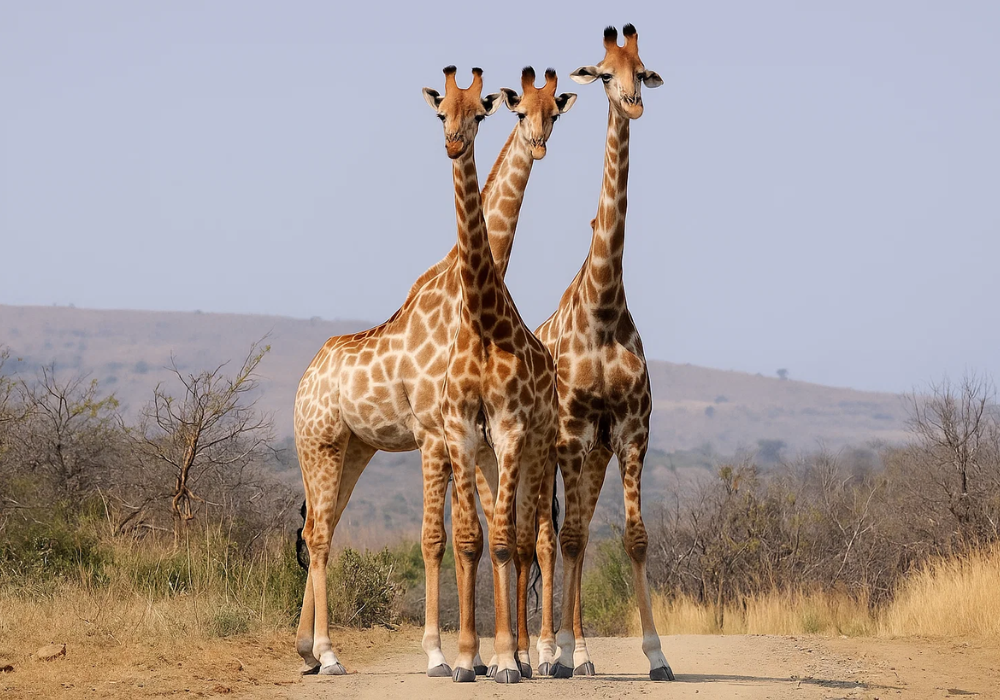
Cash in the Wild: My Safari Adventure Across Kenya with Only...

One Day Picnic Spot Near Pune - Adventure, Trekking and Natu...

One Day Picnic Spots Near Mumbai - Monsoon, Adventure, Beach...
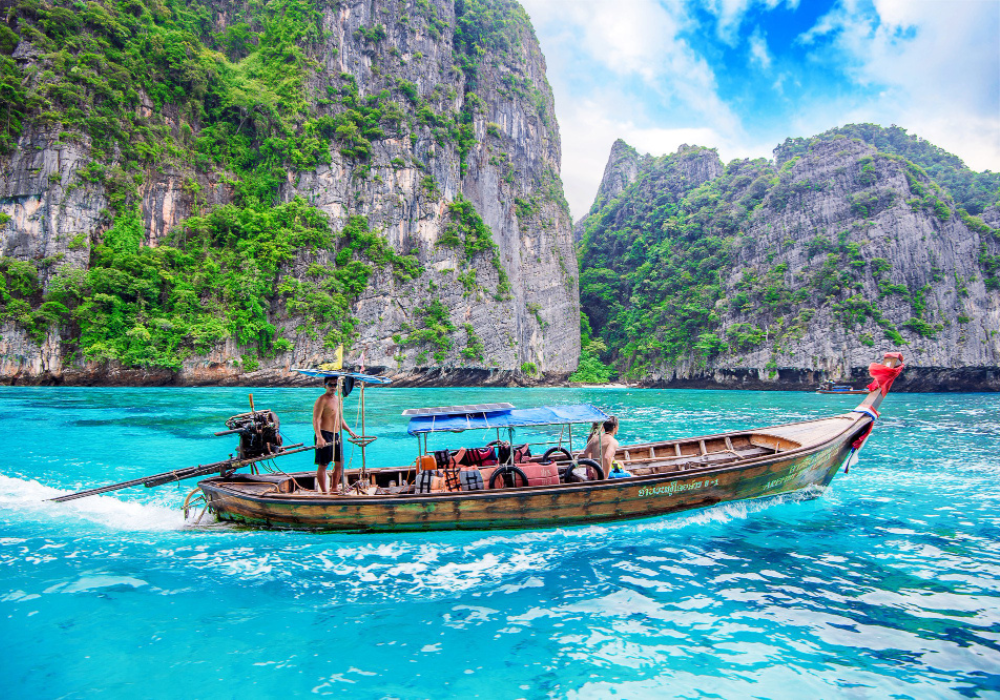
The Best Places to Go in Thailand in 2025



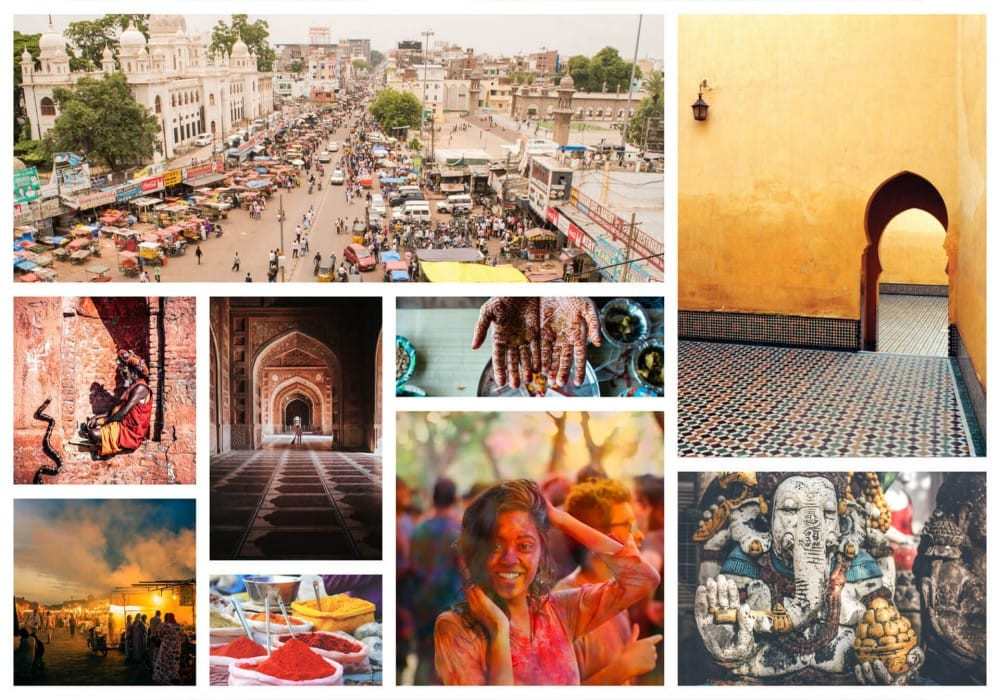
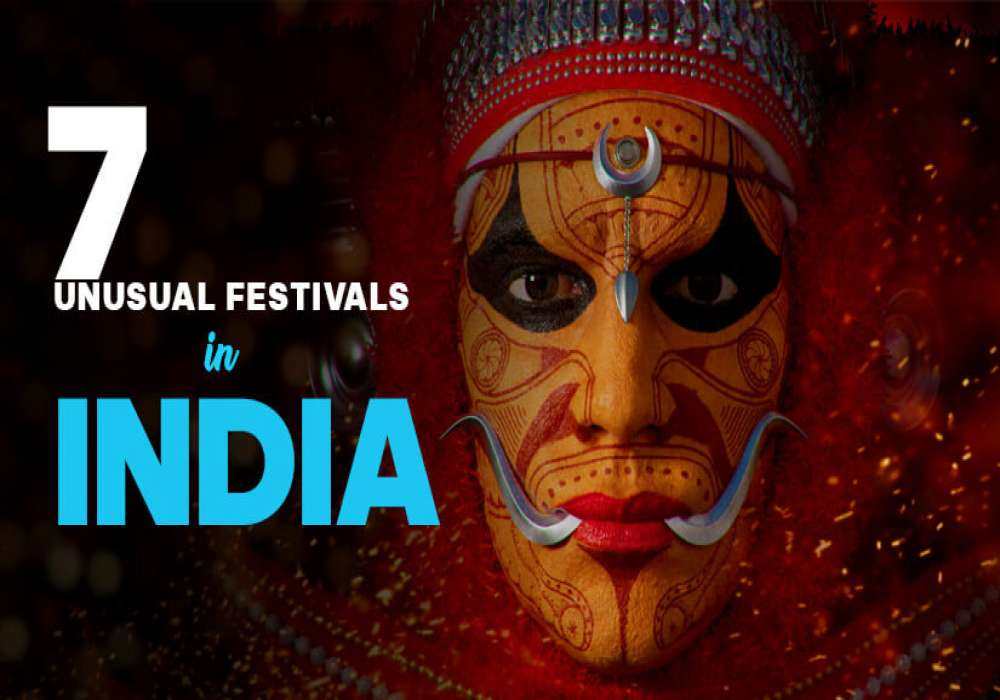


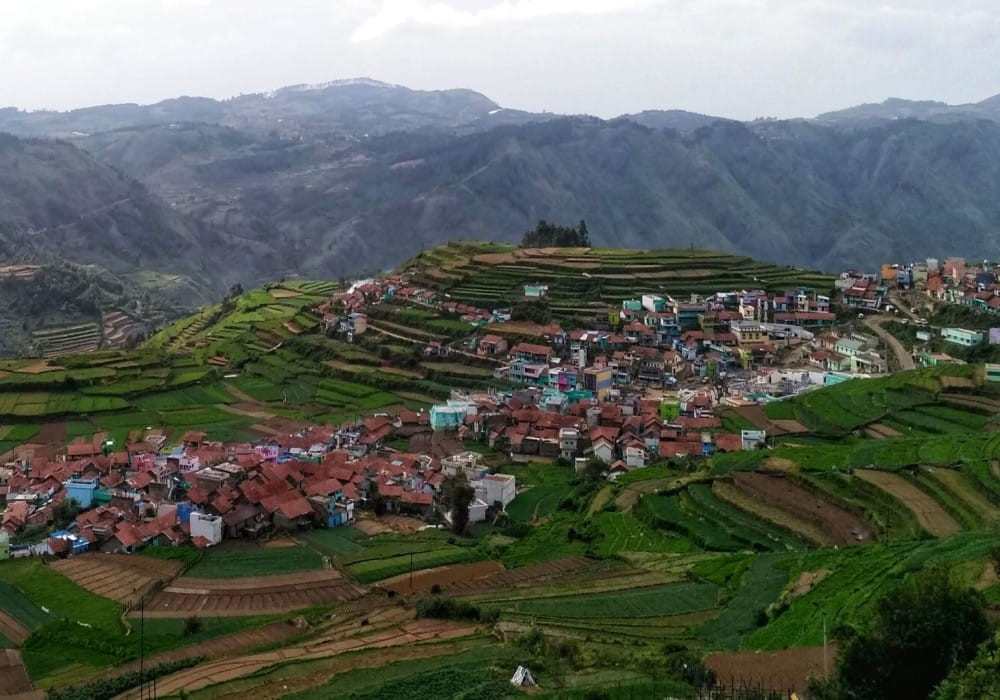




 Dubai
Dubai Malaysia
Malaysia USA
USA





